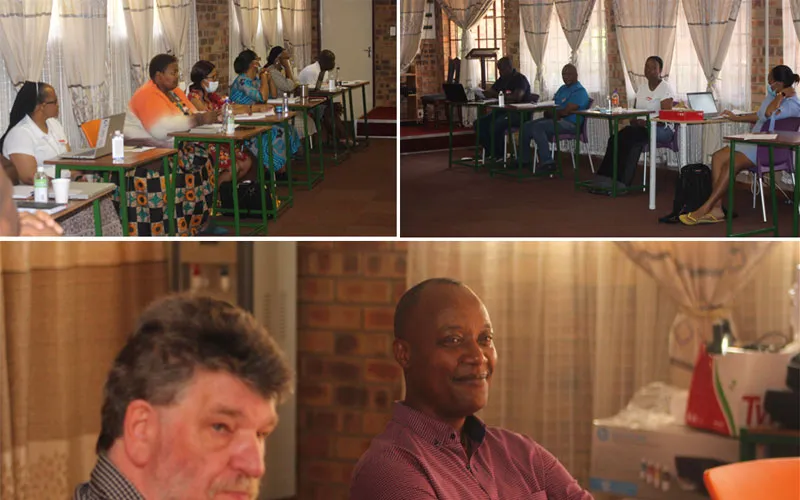Johannesburg, 03 February, 2022 / 9:15 pm (ACI Africa).
Members of the Southern African Catholic Bishops’ Conference (SACBC) have launched a HIV/AIDS monitoring and sensitization program that is aimed at ensuring that millions of citizens in their region who are living with the virus access medication.
In a Thursday, February 3 report, SACBC officials say that the program that is funded by Misereor, the donor agency of the Catholic Bishops in Germany, is to find some 2 million who have tested positive with the virus but are not on medication.
“The South African Government Department of Health (SAGDOH) estimates that there are 2,000,000 individuals that are HIV+ not on treatment. Fundamentally this program is a collaboration between SAGDOH and a faith-based organization funded by Misereor through SACBC to find the ‘missing’ 2,000,000 HIV+ individuals and ensure that these HIV+ individuals receive treatment from SAGDOH,” SACBC officials say in the report.
They add that the aim of the program that will be implemented by the SACBC Aids Office is also to support those who will have been found and ensure that they adhere to the treatment guidelines.
The officials of the forum that bring together Catholic Bishops in Botswana, Eswatini, and South Africa observe that the fight against HIV/AIDS has been neglected as the world focuses its attention on stemming the COVID-19 pandemic.








